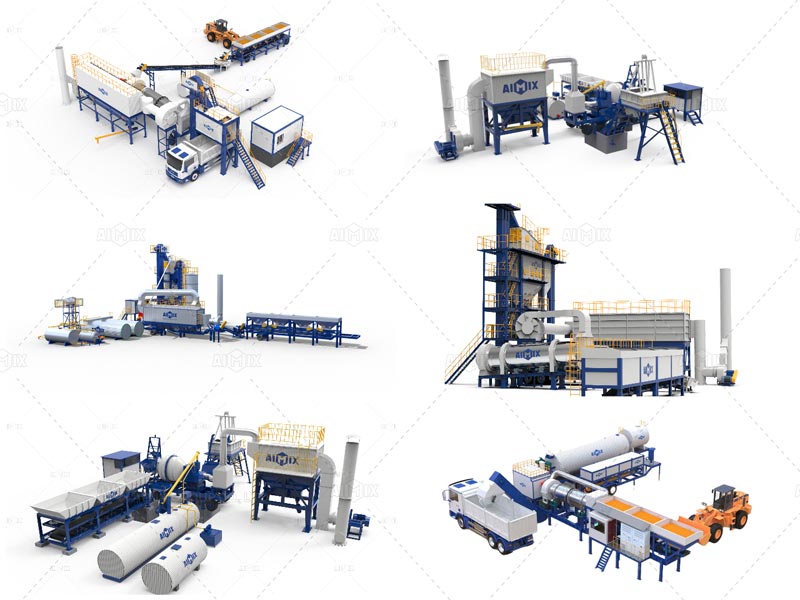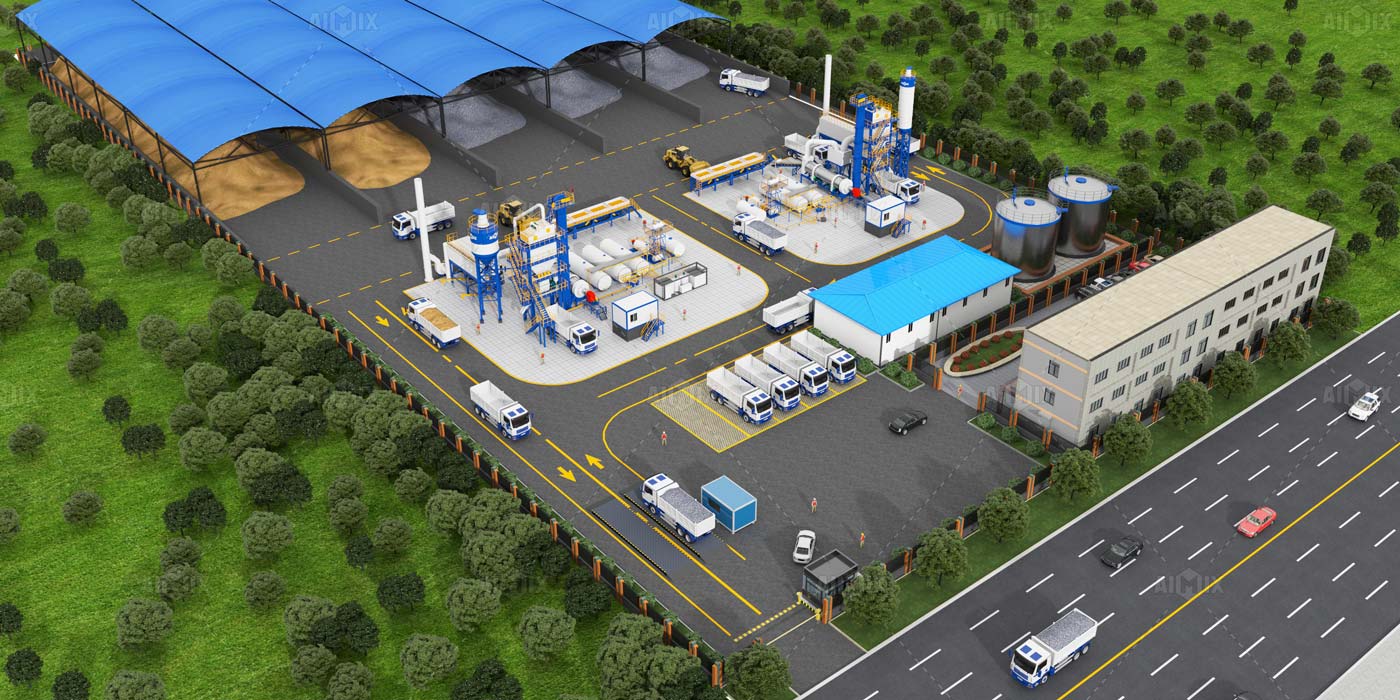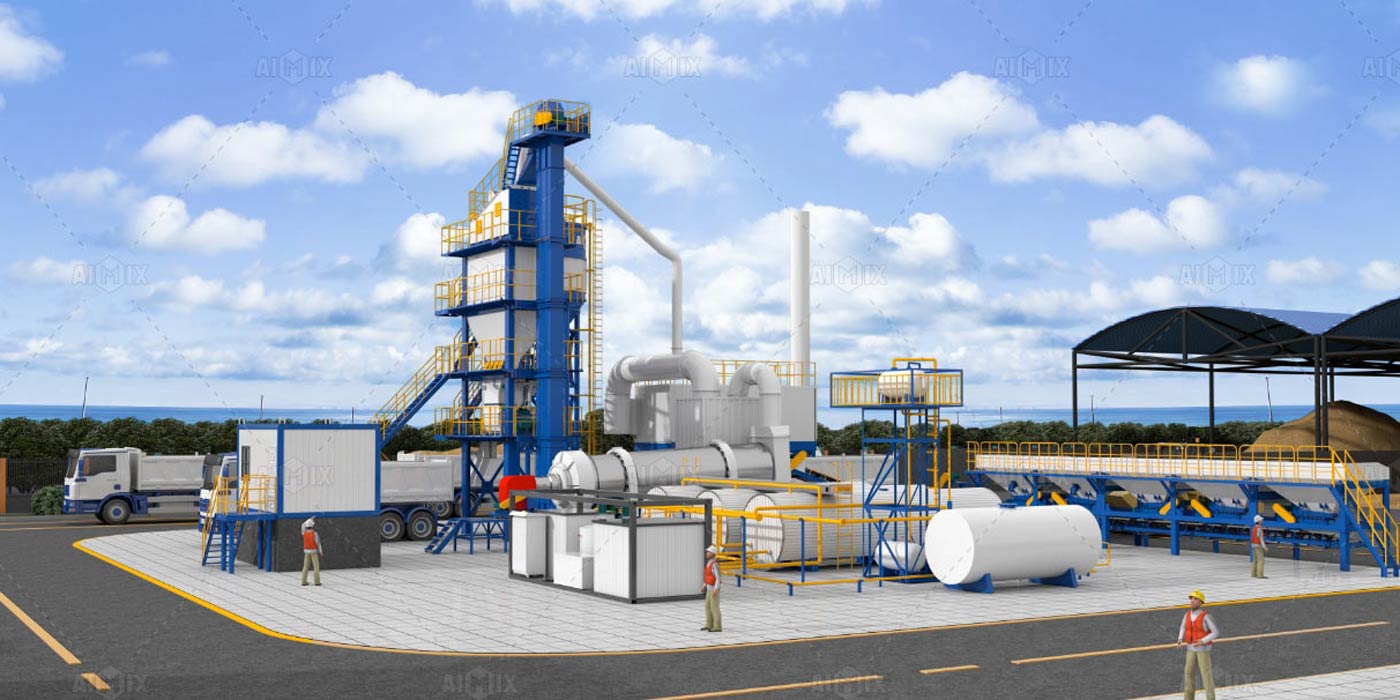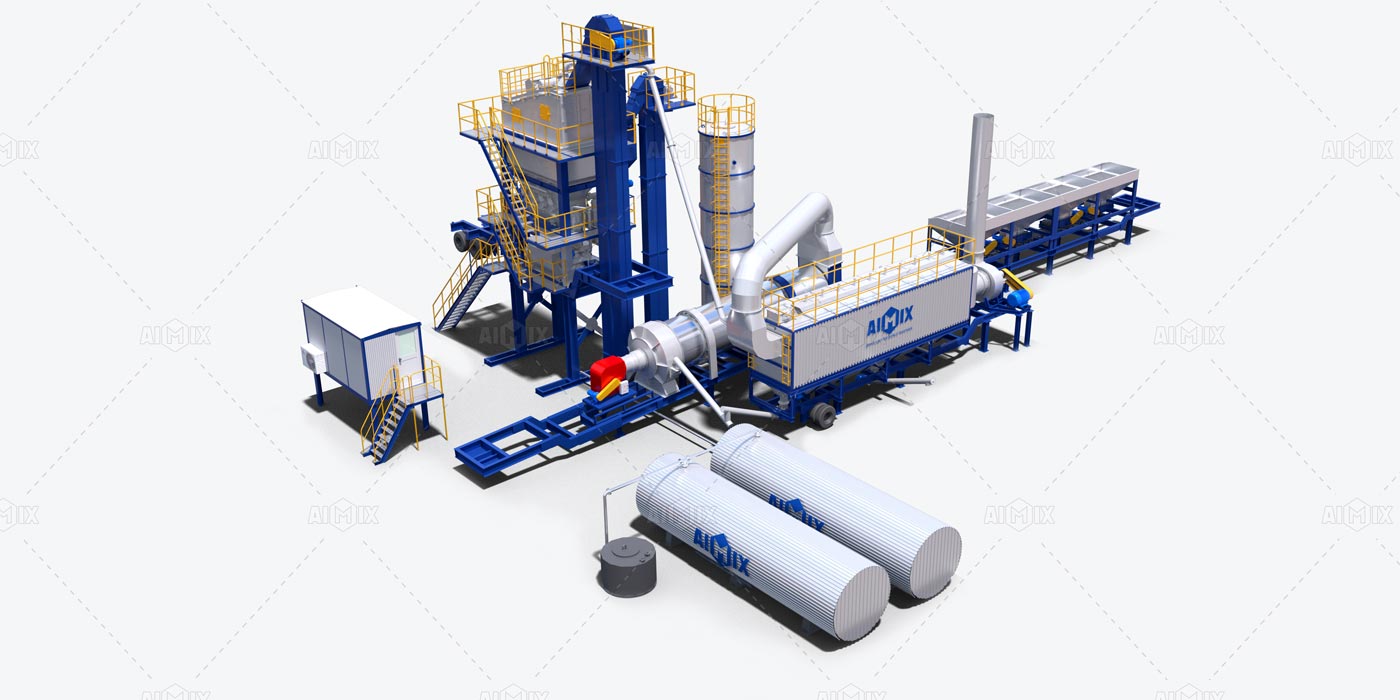When it comes to paving projects, the quality of asphalt is paramount. Whether you’re constructing roads, parking lots, or driveways, you want a reliable asphalt solution that will stand the test of time. But with the myriad of options available in the market, how do you choose between mobile and stationary asphalt plants?

Understanding the Basics: Mobile vs. Stationary Asphalt Plants
Before delving into the quality differences, let’s first understand the fundamental distinctions between mobile and stationary asphalt plants.
Mobile asphalt plants, also known as portable asphalt plants, offer flexibility and mobility. The batch asphalt plant can be easily transported from one location to another, making them ideal for temporary projects or remote areas. On the other hand, stationary asphalt plants are fixed installations that are designed for long-term use at a specific location.

Quality Matters: Comparing Asphalt Production
One of the primary concerns for any paving project is the quality of the asphalt produced. Many potential customers wonder whether there are any discernible differences in quality between asphalt produced by mobile and stationary plants.
It’s essential to note that both types of plants are capable of producing high-quality asphalt. The key lies in the design, engineering, and operational efficiency of the plant itself, rather than whether it is mobile or stationary. The mobile asphalt batching plant can be equipped with advanced features and technology that enable them to deliver consistent quality, even while operating in different locations. Similarly, stationary asphalt mixers are designed for precision and reliability, ensuring that each batch meets stringent quality standards.

Factors Influencing Asphalt Quality
Several factors contribute to the quality of asphalt produced by both mobile and stationary plants. These include:
- Raw Material Selection: Using high-quality aggregates and bitumen is essential for producing durable asphalt.
- Temperature Control: Proper temperature control during the mixing and paving process is crucial for achieving optimal asphalt consistency.
- Mixing Efficiency: Efficient mixing technology ensures thorough blending of materials, resulting in uniform asphalt composition.
- Quality Control Measures: Rigorous quality control protocols help identify and rectify any deviations in asphalt composition.
Choosing the Right Asphalt Solution
Ultimately, the decision between a mobile and stationary asphalt plant depends on your specific project requirements and logistical constraints. Both options offer distinct advantages, and the choice should be based on factors such as project duration, location, and budget. Regardless of whether you opt for a mobile or stationary asphalt mixer, selecting a reputable manufacturer is paramount. Look for a company with a proven track record of delivering high-quality asphalt mixing machines and exceptional customer support.

Conclusion
In conclusion, the quality of asphalt produced is not inherently determined by whether it is manufactured in a mobile or stationary plant. Instead, it hinges on various factors such as plant design, operational efficiency, and quality control measures.
By understanding these nuances and making an informed decision, you can ensure that your paving projects are executed with precision and excellence, yielding durable and long-lasting asphalt surfaces.
When it comes to paving, quality is non-negotiable. Choose the asphalt mixing machine wisely, and pave the way to success with confidence.
